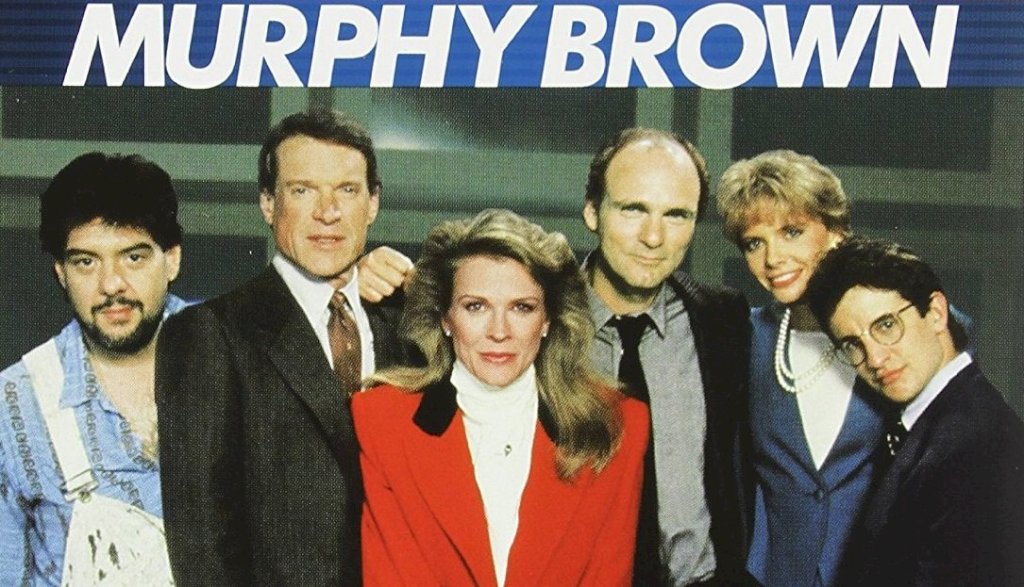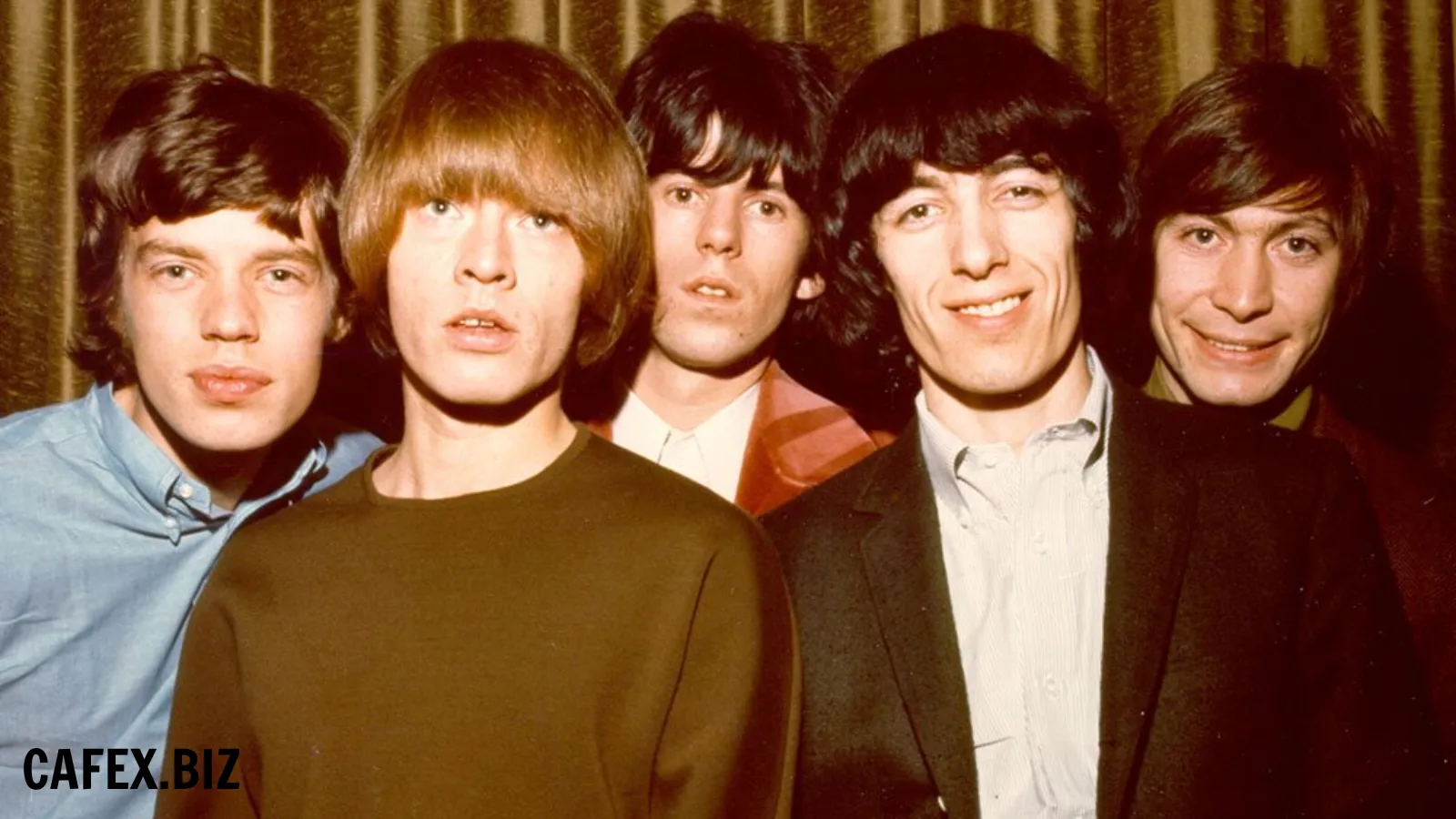In the late 1980s, a television show emerged that would not only redefine the sitcom landscape but also make a significant mark in the realm of women's representation in the media industry. "Murphy Brown," which aired from 1988 to 1998, was a groundbreaking series that combined sharp wit, memorable characters, and a fearless exploration of contemporary social and political issues. As we delve into the world of Murphy Brown, we'll discover how this remarkable show became a symbol of female empowerment, a bastion of satire, and an icon of '90s television.

A Trailblazing Concept

Created by Diane English, "Murphy Brown" introduced a groundbreaking concept: a female lead character who was unapologetically strong, independent, and successful. The titular character, Murphy Brown, portrayed brilliantly by Candice Bergen, was a veteran television journalist and news anchor. This was a character type rarely seen on television at the time, and it marked a significant departure from the traditional sitcom formula.
The premise of the show centered around Murphy Brown's professional and personal life as she navigated the cutthroat world of television news. Her unwavering commitment to journalistic integrity, as well as her willingness to challenge the status quo, made her a unique and compelling character.
A Feminist Icon

Murphy Brown's status as a feminist icon cannot be overstated. She shattered the glass ceiling of the television news industry and served as an inspiration for countless women aspiring to excel in male-dominated fields. Murphy's intelligence, wit, and tenacity became a blueprint for strong, independent female characters in television.
One of the most iconic moments in "Murphy Brown" occurred in the fourth season when the character decided to have a child as a single mother, sparking a national debate on the subject. Vice President Dan Quayle publicly criticized the show for supposedly glorifying single motherhood. The controversy only heightened the show's profile and brought the issue of family dynamics and work-life balance into the forefront of American discussions.
Breaking New Ground for Women in Television

Candice Bergen's portrayal of Murphy Brown was nothing short of revolutionary. Murphy was a complex, multifaceted character who defied traditional gender roles. She was unapologetically ambitious, dedicated to her career, and had a sharp wit that she used to take on her male colleagues. Her character represented a new era of women in television, breaking away from the stereotypical roles of the past.
Murphy's wardrobe, featuring power suits and shoulder pads, became iconic and emblematic of the 1980s and early '90s working woman. Her character was an inspiration to many women, proving that they could be successful professionals without sacrificing their individuality or principles.
Sharp Satire and Social Commentary

While "Murphy Brown" was undoubtedly a vehicle for female empowerment, it was also a satirical powerhouse that fearlessly tackled political and social issues. The show's writing, often characterized by its sharp wit and biting humor, made it a critical voice in the world of television comedy.
One of the standout elements of the series was the interactions between Murphy Brown and her eclectic colleagues at FYI. The ensemble cast, including Jim Dial (Charles Kimbrough), Corky Sherwood (Faith Ford), Frank Fontana (Joe Regalbuto), and Miles Silverberg (Grant Shaud), each brought their unique perspectives and comedic talents to the newsroom.

The series used these characters to explore a wide range of topics, from political satire to cultural commentary. It fearlessly addressed subjects such as politics, gender equality, race relations, and even addiction. "Murphy Brown" never shied away from challenging issues and offered a nuanced examination of them through its comedic lens.
Guest Appearances and Real-World Impact

"Murphy Brown" also featured an impressive roster of guest stars, including political figures, journalists, and celebrities. Notable appearances included then-Vice President Al Gore, Katie Couric, and even a recurring role by Garry Marshall as Murphy's boss.
Perhaps one of the most remarkable aspects of the show's impact was its ability to merge fiction with reality. It influenced real-world events and became a part of American political discourse. The aforementioned clash with Vice President Dan Quayle over single motherhood was a prime example of this. The show's bold stance on the issue sparked national conversations about family values and the role of television in shaping public opinion.
Legacy and Influence

"Murphy Brown" left an enduring legacy that extended far beyond its original run. The show was a testament to the power of television to not only entertain but also provoke thought and inspire change. Its impact on women's representation in media and its ability to tackle relevant social and political issues set a high standard for television comedy.
The character of Murphy Brown became an iconic figure, celebrated for her intelligence, resilience, and unwavering commitment to journalistic integrity. Candice Bergen's portrayal of Murphy earned her five Emmy Awards and solidified her place as one of television's most iconic leading ladies.

Furthermore, "Murphy Brown" paved the way for subsequent female-driven sitcoms and continued to influence the portrayal of women in the media. Characters like Liz Lemon from "30 Rock" and Leslie Knope from "Parks and Recreation" owe a debt to the groundbreaking character of Murphy Brown.
Conclusion

"Murphy Brown" was a groundbreaking sitcom that broke new ground in the world of television. With its fearless lead character, sharp writing, and willingness to address important social and political issues, the show left an indelible mark on both the entertainment industry and society at large. Candice Bergen's portrayal of Murphy Brown challenged traditional gender roles and inspired a generation of women.
As we look back at "Murphy Brown," we see not only a classic sitcom but also a symbol of empowerment and progress in the media. It remains a testament to the enduring power of television to shape our perceptions and challenge societal norms. In the pantheon of great television, "Murphy Brown" rightfully holds a place of honor and distinction.


